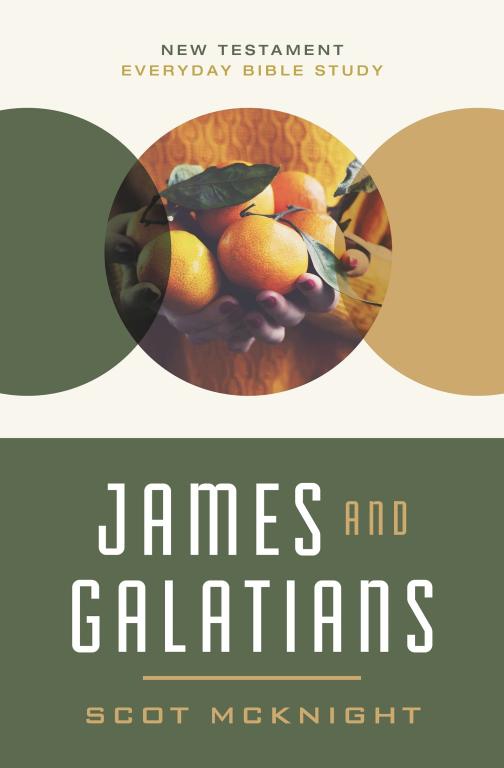If you live under a rock, you don’t know who Scot McKnight is. But for the rest of us, we enjoyed works like Jesus Creed, The Gospel of King Jesus, A Church Called Tov, and his numerous academic commentaries and monographs. Scot is known for bridging the academic and religious worlds and helping pastors and ordinary Christians to read the Bible with skill and depth (e.g. blue parakeet). Now he writes a series called Everyday Bible Study. The first volume is now out (James and Galatians) and more volumes are coming soon. Scot kindly answered some of my questions to help introduce this series to the world. I encourage you to discover this excellent new series.
What inspired you to create a series of Bible studies spanning the entire NT?
If one reads Psalm 119, one encounters “the biblical view of the Bible,” as I like to call it. What we experience is the joy of the psalmist in the wonderment that God has sent to humans. I believe that more Christians need to read the Bible more because the intent of Scripture is not just to “know” but to be “known” and thereby be transformed into Christoformity. . The inspiration is that God has spoken and we can read what God has told us.
So many Bible studies tend to focus on our perceptions and experiences and not enough on listening to what the Word says, and our studies seek to explain the text clearly and convincingly. So when Zondervan approached me to write the Daily Bible Studies for the New Testament, I jumped at the chance. Along with my own expositions of each passage, in historical and biblical context, through the central theme/themes of the book, Zondervan asked Becky Castle Miller to write questions (for individuals, for groups) for each passage, and it adds to the experience for those who read the studies.
Who is the audience for this series? What do you hope they get out of it?
Our audience is the individual who wants to do more Bible study, the youth leader who is preparing for a talk, the Bible study group who wants to spend time in the scriptures (rather than the newest fad of books) and the pastor who brainstorms sermon ideas. By sticking to a theme, we believe the series will stimulate ideas and conversations for all those who study the Bible. The goal is both to “know and be known” to the God who speaks to us.
What’s the most enjoyable part of writing these books? What is the most difficult?
A series like this, that is, 16 separate volumes of about 40,000 words, means daily Bible study, daily reflection on what God is telling me and, I hope, others, daily reading of some of the best work on the books of the New Testament. , and daily brushing against the mysteries of God’s redemption in Christ. Time after time, writing about a passage, I remember the work I did for four decades. For example, I dug up some lectures on the Gospel of John that I wrote over thirty years ago. I look forward to every day’s work, five days a week – the days and weeks when I can spend my time doing that work. It was so much fun banging James against Galatians while I was writing the first volume, and it was delightful working through the book of Acts. Last week I submitted Philippians and 1-2 Thessalonians. Today I started working on the Gospel of John.

